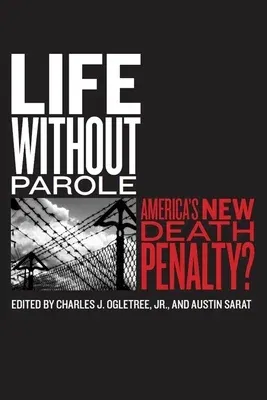Life Without Parole: America's New Death Penalty?Hardcover, 4 June 2012

Qty
1
Turbo
Ships in 2 - 3 days
In Stock
Free Delivery
Cash on Delivery
15 Days
Free Returns
Secure Checkout

Part of Series
The Charles Hamilton Houston Institute Race and Justice
Part of Series
Charles Hamilton Houston Institute Series on Race and Justic
Print Length
352 pages
Language
English
Publisher
New York University Press
Date Published
4 Jun 2012
ISBN-10
0814762476
ISBN-13
9780814762479
Description
Product Details
Book Format:
Hardcover
Country of Origin:
US
Date Published:
4 June 2012
Dimensions:
23.11 x
15.49 x
2.29 cm
Genre:
Crime/Criminology
ISBN-10:
0814762476
ISBN-13:
9780814762479
Language:
English
Location:
New York
Pages:
352
Publisher:
Series:
Weight:
521.63 gm